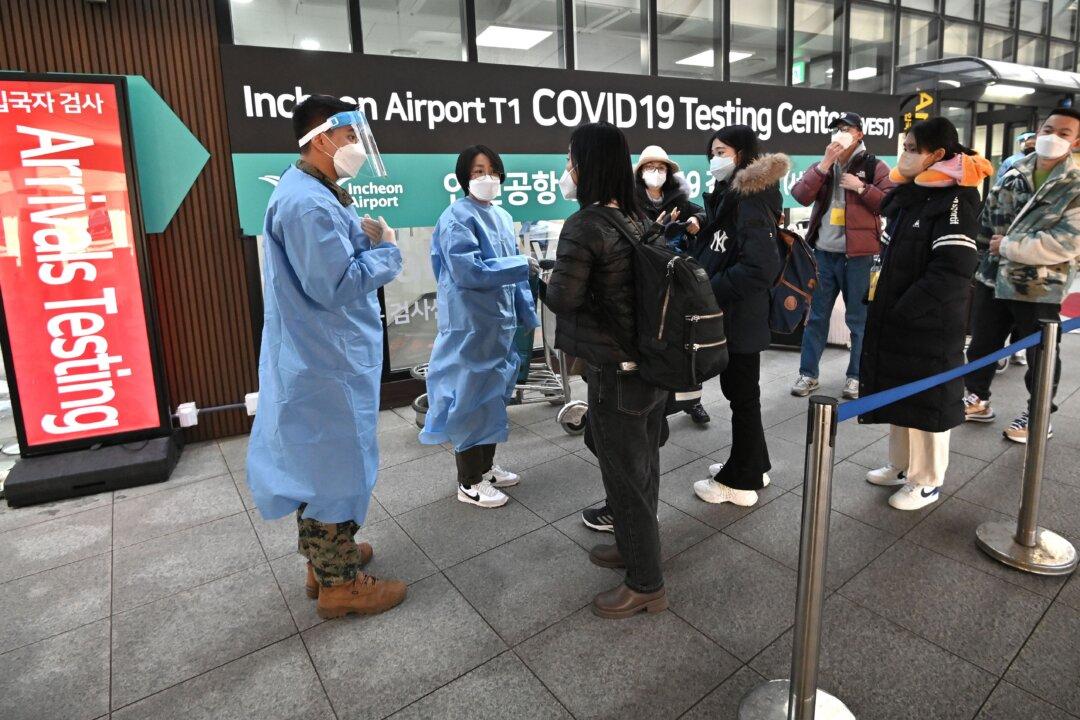South Korea is considering lifting its short-term visa restrictions for Chinese visitors ahead of the scheduled deadline due to the declining COVID-19 cases in China, according to a government official. However, there have been reports that the death toll is on the rise in China.
The visa restrictions on short-term Chinese visitors were initially imposed for the month of January, but the government later decided to push back the date to the end of February following the Lunar New Year celebration.





